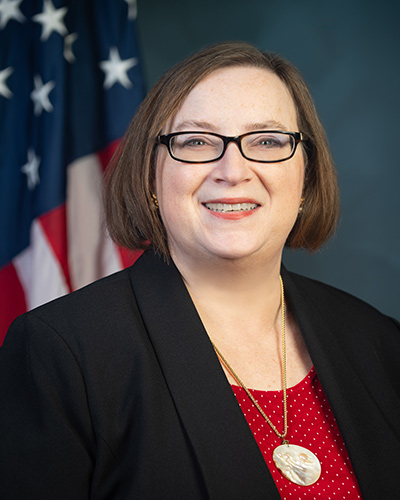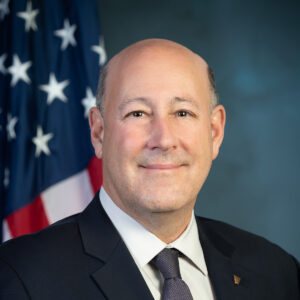The U.S. Department of Housing and Urban Development (HUD) on Tuesday announced that it is making $40.25 million available to support housing counseling services for homeowners, homebuyers and renters. Such funding will also directly support the work of housing counseling offering required Home Equity Conversion Mortgage (HECM) sessions.
The new funding
“Through the 2023 Office of Housing Counseling Comprehensive Notice of Funding Opportunity (NOFO), HUD plans to award grants to more than 150 housing counseling agencies and intermediary organizations,” HUD said in an announcement of the NOFO. “These funds will equip individuals and families with the education and resources to make informed decisions regarding their housing needs.”

In addition to supporting HECM counseling, the funds will also “support an array of counseling services provided by HUD-approved agencies on topics including financial management and literacy, homeownership, and affordable rental housing.”
Three million dollars of the full amount will also be allocated for institutions designed to “bridge the racial homeownership gap and support underserved communities,” including Historically Black Colleges and Universities (HBCUs).
“We’re pleased to make these funds available to housing counselors to help American households identify and address their housing needs,” said Assistant Secretary for Housing and Federal Housing Commissioner Julia Gordon. “Housing counseling continues to play a vital role in helping homebuyers, homeowners, and renters access and sustain suitable housing, particularly as housing instability and costs are on the rise.”
Meeting the needs of reverse counseling
The new figure is roughly in line with the $41 million issued in 2022, according to Jackie Boies, senior director of partner relations at Money Management International (MMI).
“At MMI we couldn’t be more pleased to see this long-awaited NOFO released,” Boies told RMD. “We look forward to submitting our application in support of obtaining maximum funding. Our agency has grown this year through a merger and the creation of an affiliate network of housing counseling providers, positioning us to better support the housing and HECM counseling needs of consumers.”
GreenPath Financial Wellness added that while reverse counseling demand fell in 2023, the new funding will allow them to meet new demand if/when the time comes according to Jennifer Fraser, director of stakeholder engagement and contact center operations at GreenPath.
“As a national intermediary, GreenPath is always working to make the best use of grant funds to support the needs of as many clients as possible,” Fraser said. ” “While the call for reverse mortgage has dipped in 2023, as the environment becomes more favorable in 2024, these grant funds will help enable us to service that growth as it comes.”
Reverse mortgage counseling demand, adding more HECM counselors
Boies added that demand for HECM sessions has stayed elevated.
“Specific to seniors, the demand for reverse mortgage counseling remains high,” she said. “The vast majority of seniors indicate they want to utilize a reverse mortgage loan to cover the costs of aging in place—which might mean supporting their monthly income or funding home improvements and repairs. To best support the counseling needs of seniors, MMI utilizes HUD funding to offset the cost of reverse mortgage counseling.”

HUD also previously detailed that it intends to increase the availability of HECM counseling across the country. During a reverse mortgage industry event late last year, Deputy Assistant Secretary for Housing Counseling David Berenbaum told an assemblage of industry professionals that HUD intends to bolster its ranks of certified counselors, which would directly impact reverse mortgage counseling.
While HUD’s Office of Housing Counseling serves an estimated 1.2 million prospective mortgage borrowers every year, the office’s goal is to increase that to 3 million households a year, he said in October.
That goal would include “substantial growth in the reverse mortgage space,” he said.
Editor’s note: The details of prior counseling disbursements as published in a prior version of this article were factually inaccurate. RMD regrets the error.





